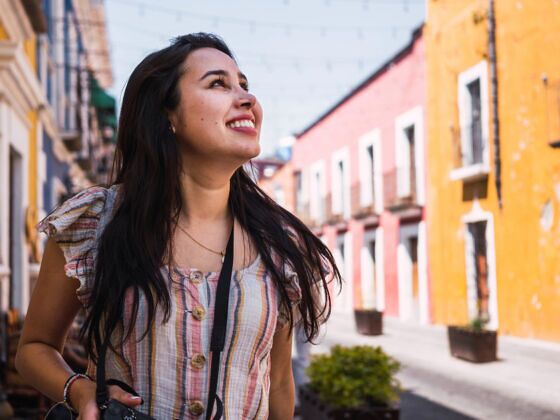PEOPLE OFTEN SAY they are travel addicts in a positive manner. Still, after researching this topic, it got me thinking – is travel addiction a real thing? And if so, is it always so innocent and fun as it sounds? Or maybe it can get ugly like all addictions.
Traveling fills you with joy and excitement of what will happen next. It makes your life adventurous. Then there is a curiosity of what new surprising things you will see and new people you will meet. And the moment you first see those places or do something crazy you haven’t done before like jump into a sea from an 18-m high cliff, taste something that you didn’t think was edible or join locals in their rituals is indescribable. The sense of feeling something new, something unexperienced before flows all the way from your head to toes and vice versa. It fills you. And you start to crave for more.
